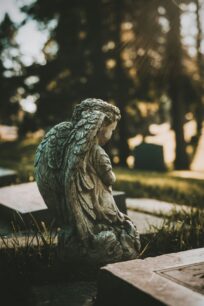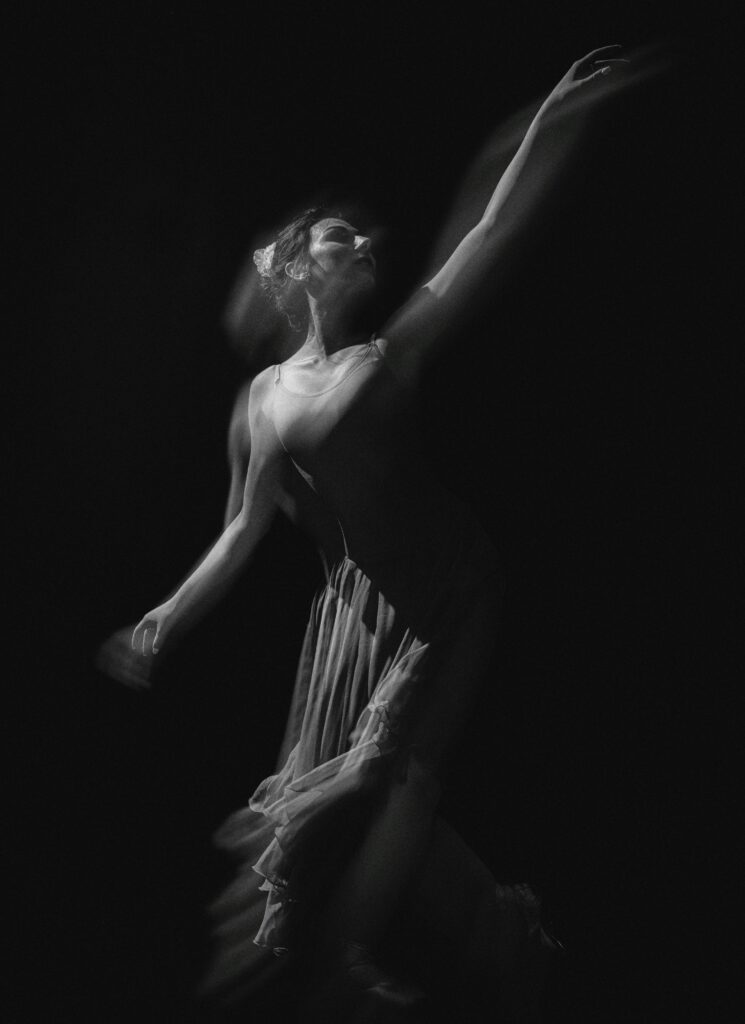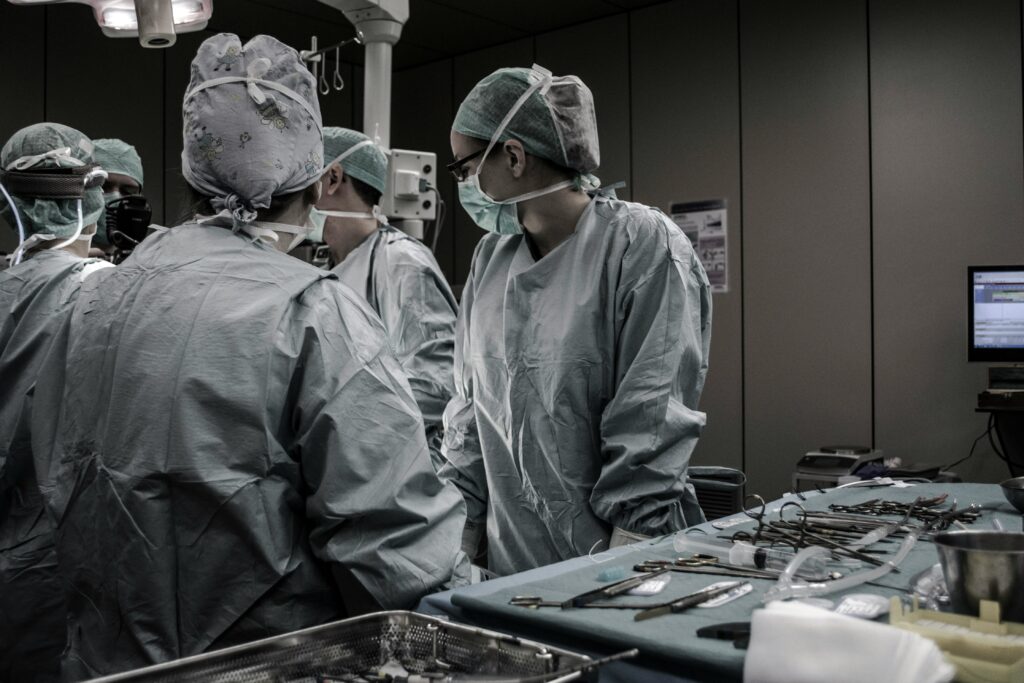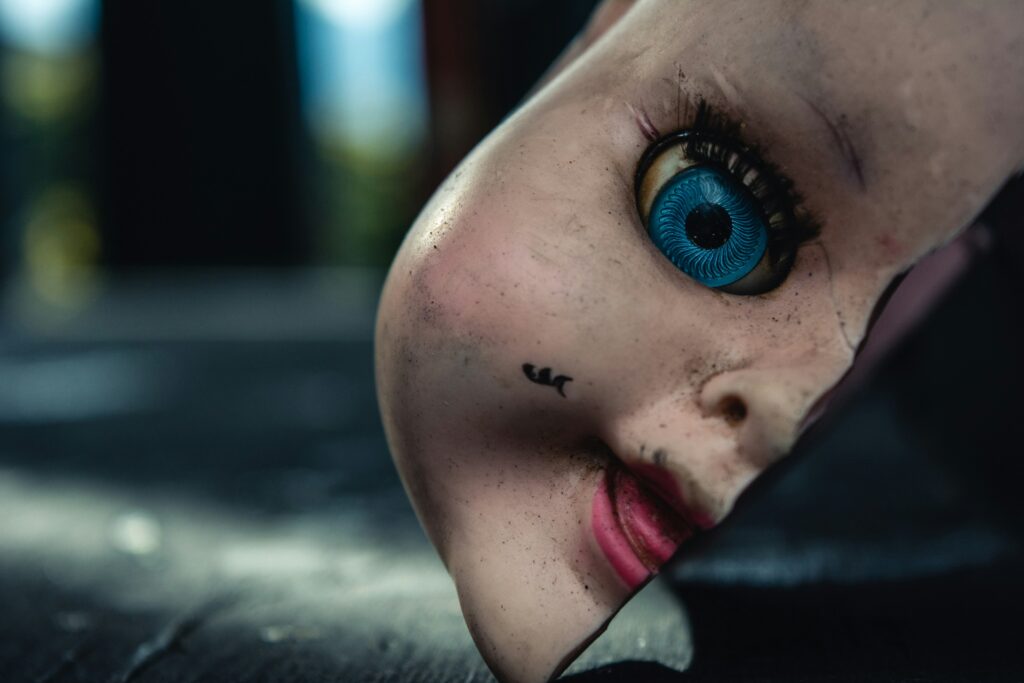The Cherub Who Fell to Earth
David Lewis, January 31, 2024
It was good to be in Venice off-season. The November weather was grey, damp and short of daylight, but Peter and Mary were almost the only tourists. Fourteen months after their wedding, it felt like a second honeymoon. Even better, now that they were pregnant. (Peter insisted he was pregnant too.)
Hand in hand, they wandered along the narrow streets and across bridges, enjoying the faded colours, flaking masonry, slap of water in the canals, and chug-chug of almost-empty vaporetti. They ventured into churches and gazed at the paintings, so often of the Virgin and infant Christ. It didn’t matter if they got lost. That was inevitable: the map he had insisted on buying was hard to unfold and refold, and in any case almost useless for navigation. Perhaps it was part of the Venetian experience to go around in circles and end up at the piazza or bridge encountered an hour earlier. Part of the fun. Fun, that is, until night fell and they couldn’t find the way to their modest hotel not far from the Rialto Bridge. Then they began to panic, haunted by film scenes of black-necked gondolas bobbing into view through blankets of rising fog.
On their third afternoon, as the light was fading and they were thinking of turning back, wherever back was, they tumbled upon a small shop selling objects too good to be junk, too young to be antiques. In the window, among dusty vases, clocks, and bits of glass, possibly from Murano but probably Made in China, sat five small putti in white porcelain. Five chubby-limbed cherubs lined up like a stop-go cartoon of a somersault. The first was kneeling, hands on the floor, the second had its legs in the air, and so on to the fifth, sitting up as if for applause.
“Just look at their tiny fingers and toes,” said Mary, clapping in delight. “And their wings. And their little willies! Aren’t they gorgeous?”
“Let’s buy them!” said Peter. He wasn’t usually so profligate, but he wanted to celebrate the baby in her belly — that precious fruit they had feared might prove impossible because she was over 40 when they married.
“Can we afford them?” said Mary, looking at the price tag and squeezing his hand. “Let’s buy just one. You don’t want five sons, I hope.”
“Why not? Let’s keep trying and see what happens. And I don’t insist on sons, you know. I like girls too. But look: it’s not five cherubs — just the same one in five positions. We’ll buy them all.”
“There is a price for one, Peter. Which would you like?”
“It would be unlucky to choose. I want to buy them all.”
A year earlier Mary had taken a fertility drug to jump-start her ovaries. They had feared a multiple conception. Twins, one of each sex, would have been efficient; triplets or more too much. In the end — thank God, or whatever — she had conceived only one precious fetus. They would be more than delighted with a single healthy child, assuming the final months of pregnancy went well. Mary was feeling good at the moment, energised rather than exhausted by their labyrinthine walks around Venice.
After resolving to save money on eating — no desserts for the rest of the trip, and Peter would join his wife in cutting out alcohol — they agreed to splurge on all five figures. As they pushed the door open, a thin cable running below the ceiling triggered a mechanical ting in the depths of the dusty emporium. An ancient signora in black tottered towards them from the gloom, long-faced, unwelcoming. “Si?”
Failing to raise a smile with a cheery Buonasera, Peter gestured their interest in the putti.
“Tutti e cinque?”
“Er?”
“She’s asking if we want them all, darling.”
Peter held up five fingers. “Si.”
Muttering in irritation, the old woman — Peter was convinced she was a witch — extracted the baby angels one by one from the window and positioned them on her counter in the same somersault line-up. “Va bene?”
“OK.”
She licked a chewed pencil, wrote down the price on a scruffy pad and thrust it towards Peter. Yes, he’d seen the price in the display. It was quite a lot.
“Disconto?” No, that probably wasn’t the word. Peter pointed at his wife, made a curving gesture with his right hand, and rocked an imaginary baby.
The crone cracked a gap-toothed smile. “Bambino? Complimenti!” She scrutinised Mary’s still flattish stomach and announced the baby would be un figlio. Even he understood what that meant. They would have a son. And she had understood his request. She took up her pencil again and sliced 10% off the price.
“Grazie!”
Then Peter noticed a crack in the left wing of the sitting cherub. The woman peered suspiciously in verification, pursed her lips, and cut off a further 5%.
“Va bene?”
“Va bene!”
She wrapped each putto in light blue tissue and laid the five side by side in a box like fancy cakes from an expensive pasticceria. Peter remembered the cannoli, phallic tubes of oozing pastry, which he and Mary had enjoyed licking and sucking at the end of last night’s menu before repairing excited to bed.
The cherubs packed up and paid for, Peter asked the signora for directions. Together with un cappuccino, una pizza and un bicchiere di vino rosso, “Rialto, per favore” was one of the rare Italian phrases he had mastered. To their relief, she gestured that the famous bridge was just around the corner. He led his wife back to their hotel, the five versions of the single baby angel dangling in the cardboard box by a curled blue ribbon. “Don’t drop them, darling!” He gazed at the beautiful mother-to-be: “Would I do that?”
In the third-floor room with a side view of the Grand Canal, the future parents deposited their treasure on a side-table, undressed each other, and made gentle love in a high antique bed. Peter’s eyes watered as he moved inside his wife so close to their future child. His release was copious, expansive. “Did you …?” “Don’t worry, darling. It was marvellous.” The world was huge, wonderful. The future was theirs. Then they ventured out again for a cheap pizza. No wine. No dessert.
*. *. *. *. *
Back home in England, the happy couple displayed the putti on an antique side-board inherited from Peter’s great-uncle. A narrow shelf on the bulky piece of furniture ran between two cabinets, one containing fossils and goblets, the other recipes, ingredients and equipment for cocktails. Atop one cabinet stood a wind-up gramophone with a horn; on the other was a collection of precious glass and vases. The white figures from Venice, their fat little bottoms and tiny limbs in different positions, stood out well against the dark wood behind the shelf.
“Not bad, huh?” said Peter. “What do you think?”
“I told you before,” Mary said. “This house is like a bloody museum.” She had said that after their third date. Peter’s home burst with clocks, pictures, ceramics, and objects from his travels. “There’s no room for me!” Mary wailed. But in the end she’d moved in and married him.
They decided to name the baby Gabriel or Angela, depending. “But we can forget Angela,” Peter said. “The old witch said it will be a boy. I’m sure she’ll be right. Perhaps next time.”
Mary said it was unlikely there would be a next time.
The signora proved right. So Gabriel it was. Gabriel he was. A happy plump little creature resembling the putti they had bought. Except for the wings. Though he did have a birthmark on his right shoulder where a wing might have sprouted. Each parent noticed that, but did not mention it to the other.
Now they were a proper family, it must be a proper Christmas. Mary decorated a tree with tinsel, baubles and electric lights. Peter came home one evening with a large box containing a baby angel in papier-mâché. A life-sized putto, if there could be such a thing. An ailing department store had been selling off old window decorations. The figure was painted in the green of weathered copper, with gold for the wings, hair and what looked like a nappy. Peter hung it by a nylon thread from an upper spindle of the staircase so that an angel appeared to be flying above their grand piano, feet paddling as if in water. Mary held up little Gabriel to gurgle hello and grasp the fingers of the winged infant which was larger than he was.
The Easter Gabriel turned two, Mary got pregnant again. They got pregnant again. They hadn’t been trying; it had just happened. The doctor asked if they wanted to proceed; Mary was 45 and it might be dangerous. They said yes; Mary was strong enough. A second child would be wonderful. And they couldn’t bear the thought of an abortion. Or termination, as the euphemism had it.
In June, the cleaning lady knocked the fifth cherub off the shelf with a feather duster. Perhaps it was Peter’s fault for complaining that, while she had proved adept at cleaning floors, bathroom and kitchen, she never seemed to notice dust on furniture. Both the wings of the sitting baby angel broke off, and Peter failed to superglue them back. Perhaps, he rationalised, cherubs’ wings might drop off when they’ve completed their somersault. Perhaps they grow out of flying. He positioned the last putto facing forward rather than in silhouette, so that you didn’t really notice what was missing. He kept the wings in the signora’s cardboard box.
In mid-November, exactly three years after they’d been in Venice, and as wind blew leaves off the trees in their garden, Peter came home to find Mary in a pool of blood on the bathroom floor. Gabriel was screaming at her side. Mary had suffered a late miscarriage. The hospital saved her but not the baby, which would have been a sister for Gabriel.
Gabriel had just started talking. “Where’s Mummy?” Peter’s mother, who moved in while Mary was in hospital, said Mummy would be back soon but Baby had gone to live with the angels in heaven.
That Christmas was very different from Gabriel’s first. Peter and Mary ached with sadness. But they had to live for Gabriel, so Peter hung up the papier-mâché cherub again by the nylon thread. And he lifted his son onto his shoulders so that Gabriel could drape the flying figure with a red ribbon and a red heart “for Baby”. Gabriel was just over two and a half, and he and the angel were roughly the same size. Early that Christmas morning, when it was almost time for Gabriel to join his parents in the marital bed to explore what Santa had brought, Peter and Mary heard a sickening thump and piercing cry, soon extinguished.
They leapt out of bed to find Gabriel dead of a broken neck at the foot of the stairs, clinging to the cherub’s back. The child must have clambered out of his cot and jumped onto the flying angel through a gap in the banisters. Peter and Mary blamed themselves for not securing the stairs. Peter blamed his mother for telling Gabriel where Baby had gone. He cursed the God he didn’t believe in, and burned the cherub in the garden.
At the crematorium, they scattered half of Gabriel’s ashes from the urn. Peter held his arm around Mary in the cold as they sobbed, each in their private world, before the bed of white roses where Mary’s parents had been scattered ten years earlier. The flower-beds were frozen as they shed tears for their dead.
*. *. *. *. *
It was depressing to be in Venice that autumn. The November weather was grey, damp and short of daylight, and Peter and Mary were almost the only tourists. Alone and miserable, they got lost again along the canals and across the bridges. They avoided the hotel where they had made such tender love just three years earlier, when she’d been pregnant with Gabriel. But in their wanderings they came by chance upon the shop where they had bought the somersaulting cherubs. The window was boarded up, a black-framed death notice pinned to the door.
On the third day, after failing to make love either at bed-time or on waking, Peter and Mary took a vaporetto from San Marco to San Michele, the cemetery island across the lagoon. A flotilla of funeral gondolas had just arrived at the pontoon, and groups of Venetians were disembarking to follow a coffin through the wrought-iron gates. Most of the mourners were elderly, but among them was a woman with a black veil. She was carrying a baby and struggling to control a young boy who reminded them of Gabriel. The child was skipping and singing, oblivious of his mother’s remonstrations and attempts to call him to heel.
Peter and Mary followed the cortège into the cemetery at a discreet distance. At the grave of Stravinsky they turned left towards the eastern wall. There they found a bare gravestone overlooked by two cypress trees and a monumental archangel whose large wings etched with individual feathers curved down and forward as if embracing the stone.
Checking that nobody was in sight, Peter unpacked his shoulder bag and dug a shallow grave with a small shovel brought from England. There he buried the cardboard box containing the five putti, the broken wings, and the other half of Gabriel’s ashes. Though not believers, especially now, they knelt down, prayed, and wept.
You may also like

Eyes of the Beholden
Unspoken desires linger in the shadows of a teacher's life, revealed through art

LOST
Bessie's odyssey through stormy nights, lost love, and secret graveyards unfolds with haunting beauty in "Lost" by Sandra Dennis.

Water Rising
Amidst a flood, a woman grapples with the past, and confronts the consequences in this haunting narrative of resilience.
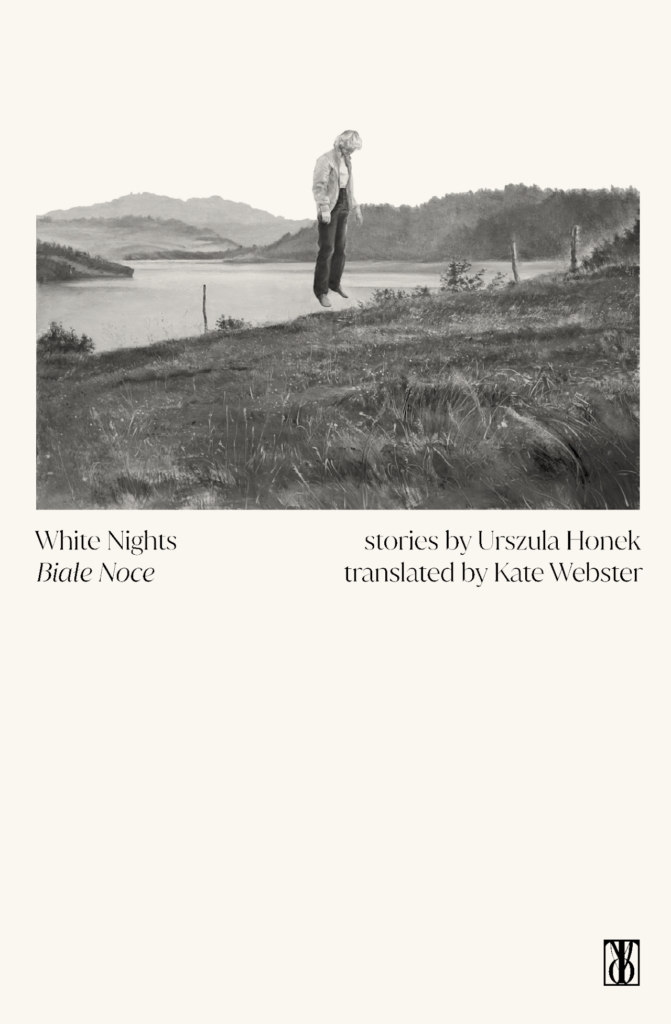
Book Review: White Nights by Urszula Honek
The debut short story from Polish writer Urszula Honek, White Nights, is akin to reading an account of a haunted place – one that is beautiful and devastating in equal
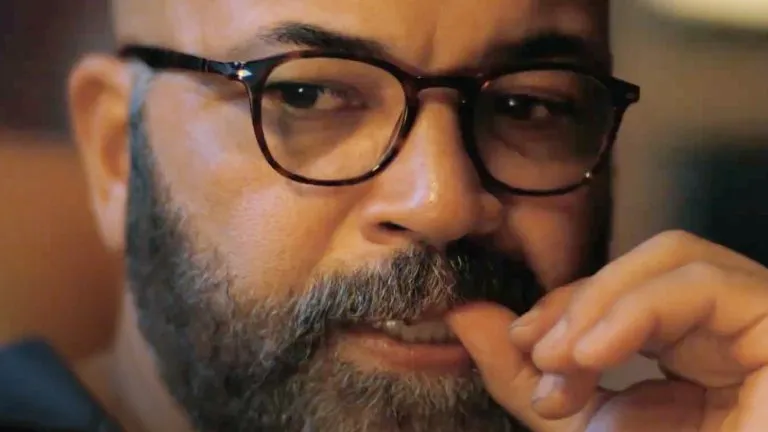
Beyond the Surface: The Multifaceted Lives of ‘American Fiction’
In essence, "American Fiction" and the experiences it draws from remind us that we are indeed more than the sum of our parts.
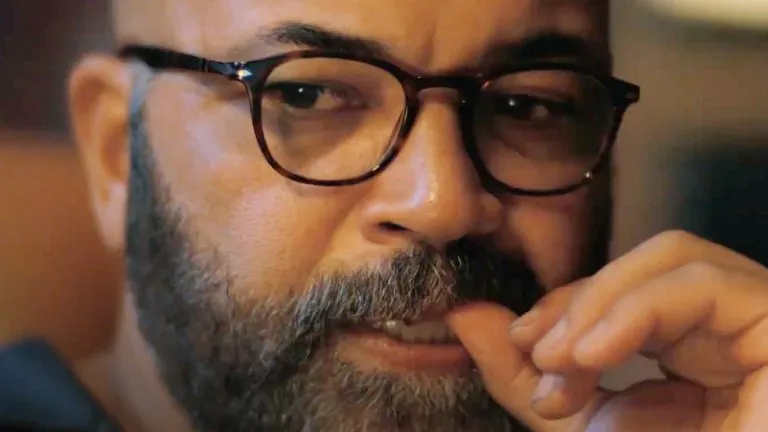
Beyond the Surface: The Multifaceted Lives of ‘American Fiction’
The narrative of “American Fiction” unfolds with a dual focus: it not only scrutinizes the unique pressures faced by Black creatives but also delves into the intricate and sometimes tense…
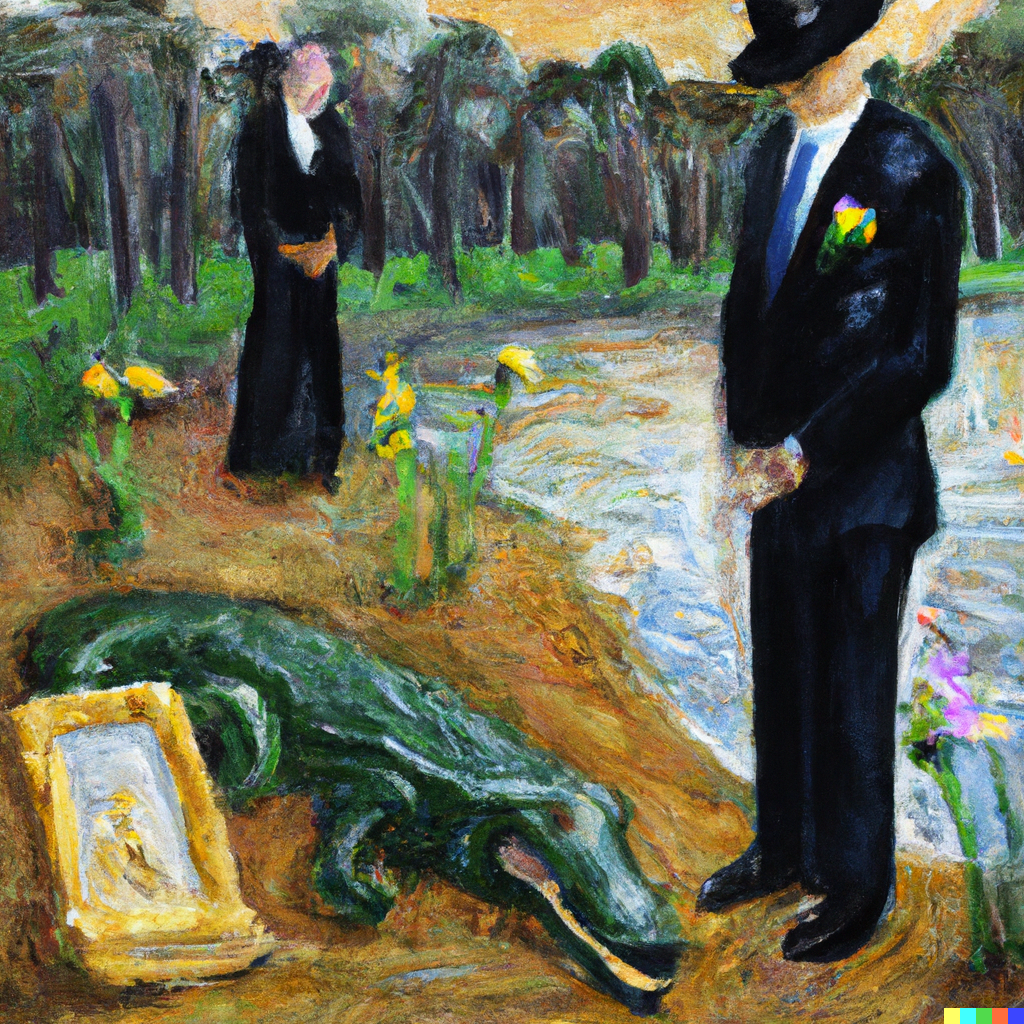
Uncle Bobby’s Funeral
Reluctant family faces the eccentricities of Uncle Bobby's funeral in swampy Chipley.




